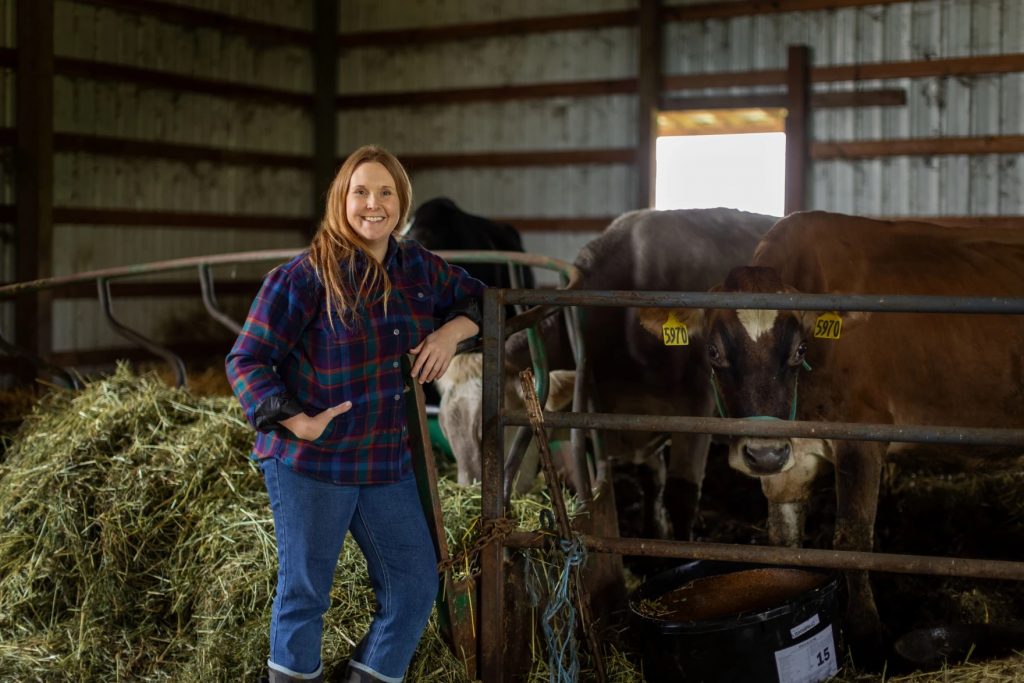
The Oregon Department of Agriculture has rewritten its regulations on dairies, following pushback from some small farmers.
Previously, the ODA had warned some dairy farms that they could face fines if they failed to register as Confined Animal Feeding Operations, or CAFOs.
In a memo from last year, the agency said several raw milk producers were ignoring the registration requirement, creating environmental concerns and generating complaints from other dairies.
However, critics argued the state’s criteria was too broad, and would have saddled small businesses with regulatory requirements meant for large-scale farms. This included a plan for wastewater management.
“It would have been very cost prohibitive to us to continue to operate the way that we do today, if at all,” said Sarah King with Godspeed Hollow, a two-cow farm in Newberg. “And that could have been the case for many other farms that look like us in the state.”
In January, King joined three other raw milk farmers in a lawsuit against the ODA. They accused the state of protecting the corporate milk industry.
“These rules don’t make sense for the small dairies, because they don’t create the kind of problems posed by these larger farming operations,” said Bobbi Taylor, a lawyer for the plaintiffs.
The new rules
State officials ultimately didn’t move forward with their plan to fine the dairies, and have instead developed new criteria for the CAFO program.
On Sept. 25, the state adopted the final version of these rules, which includes a more narrow definition of confined feeding, with more exemptions for small farmers.
Under the rules, dairies need to register with the CAFO program if they own 20 or more dairy cows, which are kept inside for at least 12 hours per day, 120 days per year. Other animals have different thresholds.
Alternatively, a farm will qualify if it generates at least 100 gallons of liquid waste per day, or significantly pollutes state waterways.
On Oct. 2, King and the other farmers had their lawsuit voluntarily dismissed. Taylor said all four of the plaintiffs are now exempt from the registration requirement.
“It’s a huge relief,” said King. “We get to do exactly what we want to do, which is farm and be able to serve our community.”
King said she believes regulators have good intentions when they make these rules. But she said it’s frustrating when they don’t fully understand how farms like hers operate.
“I really am hopeful for going forward that there is an intentional engagement of small farms at the table,’ said King, “so that we’re not just creating rules that have no consideration for the various sizes and scales that exist in the state.”
In an email to KLCC, ODA spokesperson Andrea Cantu-Schomus said the department was thankful to its many partners during the rulemaking process, and said it had reaffirmed its “commitment to resilient and prosperous agriculture and food communities.”
You can now read the most important #news on #eDairyNews #Whatsapp channels!!!
🇺🇸 eDairy News INGLÊS: https://whatsapp.com/channel/0029VaKsjzGDTkJyIN6hcP1K

























